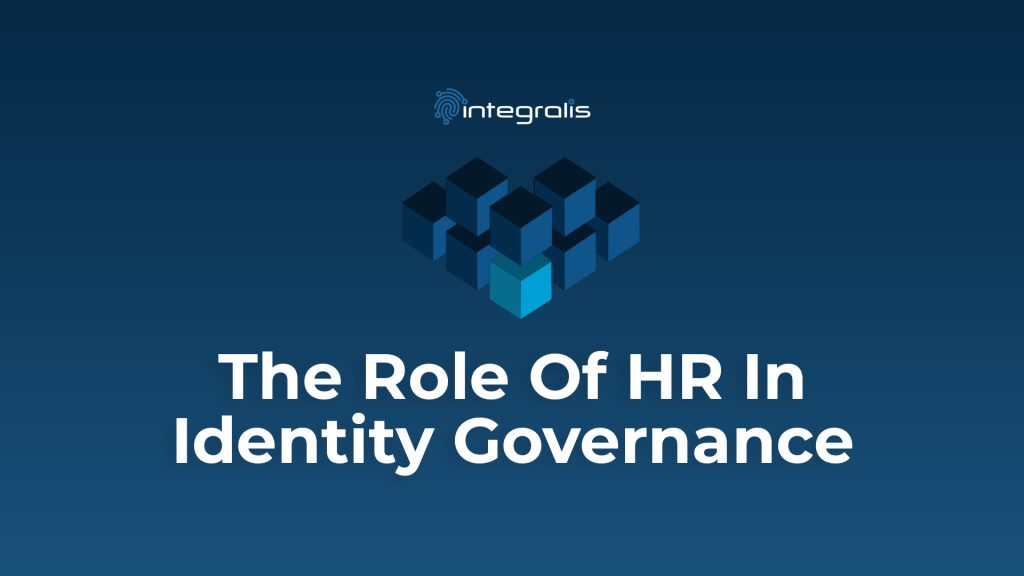The Human Side of IGA: The Role of HR in Identity Governance

Introduction
In a world of evolving Identity Governance & Administration (IGA), we often talk about technology as if it’s the hero of the story. But the truth is, IGA isn’t just about shiny software or automation; it’s about people. After all, humans create the policies, handle the exceptions, and yes—make the mistakes. Here are a few different perspectives that remind us why, at the end of the day, it is your people who are the beating heart of IGA.
1. Humans Are Creatures of Habit
Let’s face it: change doesn’t come easily. New IGA processes or tools can feel like learning a new dance routine—awkward at first, but smooth after enough practice. The goal here? Designing processes that are so logical, so non-intrusive, that users don’t even think about bypassing them.
A good IGA process is like a good coffee machine—quick, easy to use, and reliable. If users have to jump through too many hoops, they’ll find ways around it, defeating the purpose of governance altogether. Make it intuitive, focus on handling the exceptions, and save users from the drudgery by automating repetitive tasks. With AI and automation handling the mundane, we free up time and energy for what really needs our attention.
2. HR: The Gatekeeper, But Only Human
At the core of any IGA system lies HR—the authoritative source for user data. HR is great, but here’s the thing: it’s run by humans, and humans are not error-free. Mistakes in HR data entry are bound to happen, and when they do, they can send shockwaves across the business – The Butterfly Effect.
A misspelled name, a wrong department, a date entry error—these small mistakes can turn into big issues in IGA if unchecked. It’s crucial to build in reviews and checks, so that no single human error ends up as “the truth.” The stakes are high, so let’s make sure there’s a safety net for human mistakes.
Let’s not forget, identity governance is not HR’s core function!
3. Data Privacy: Knowing What’s Essential and What’s Excess
The rise of data privacy legislation around the globe—whether it’s GDPR, POPIA, or other laws—means we’re under more scrutiny than ever to manage personal information responsibly. In IGA, we often have access to more HR data than we actually need, which can be a bit like letting a kid loose in a candy store.
The solution? Keep personal information where it belongs: within country borders, in the hands of local HR teams. This approach keeps our IGA system lean, focused, and compliant, and it helps avoid crossing any privacy lines. Less data means fewer risks, fewer headaches, and, frankly, fewer grey hairs for everyone.
In Closing
IGA isn’t just about systems and automation; it’s about understanding that behind every request, every approval, and every error is a person. By building processes that are easy to follow, double-checking data that comes from humans, and keeping data privacy in check, we make IGA a little less daunting—and a lot more human.
Let’s discuss how to ensure accuracy in identity management by setting up a session with one of our IGA consultants


